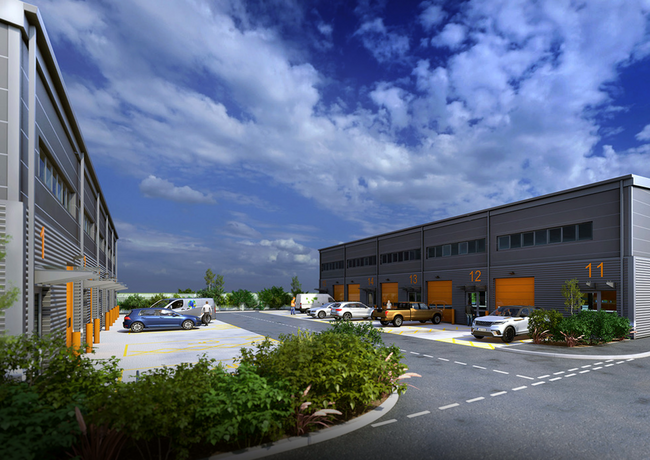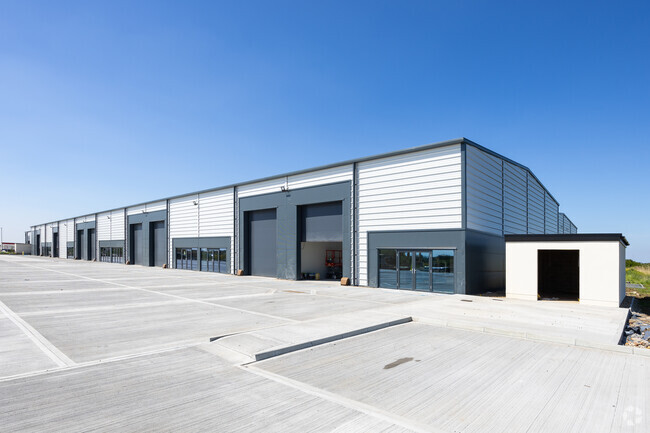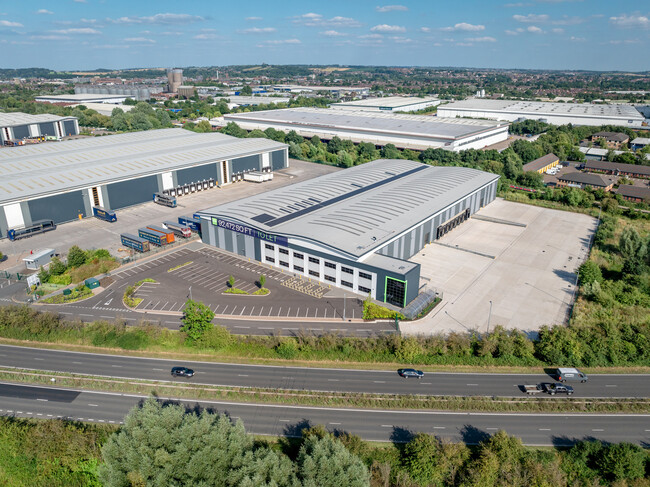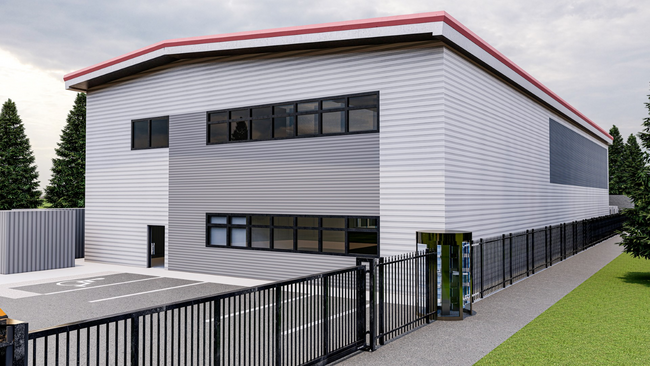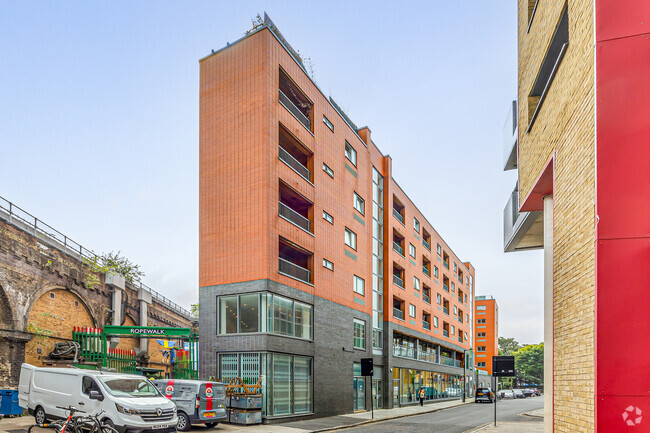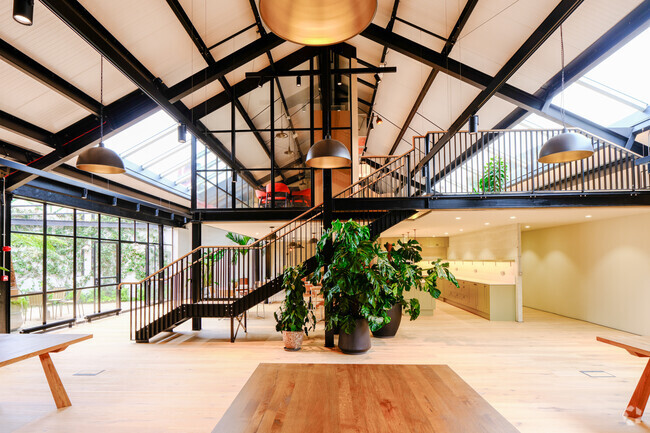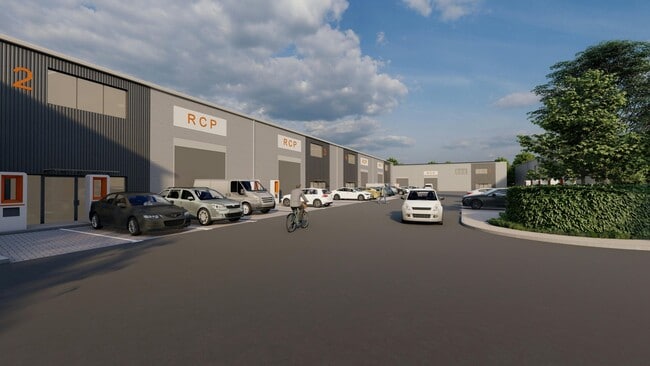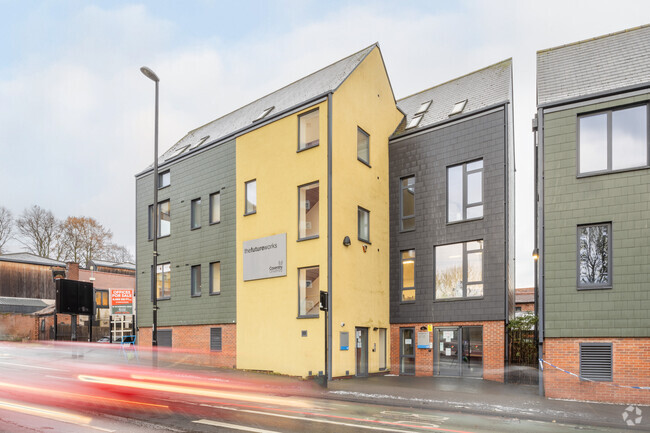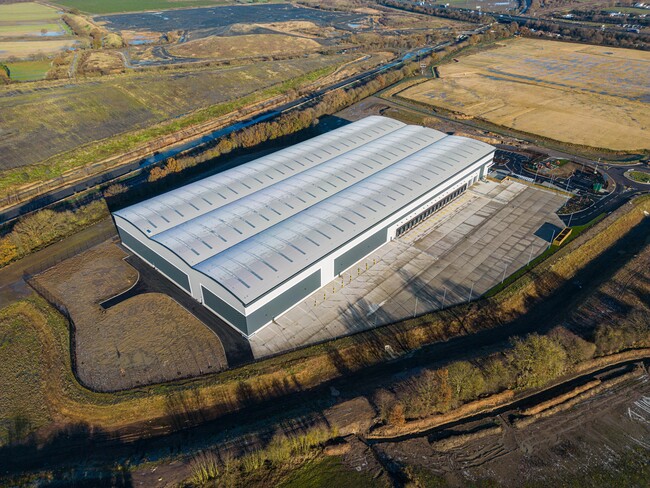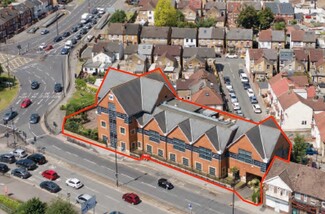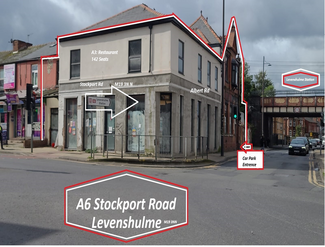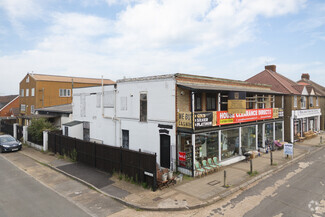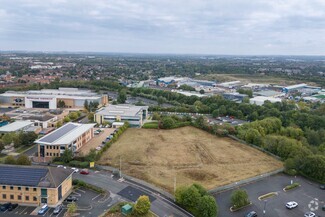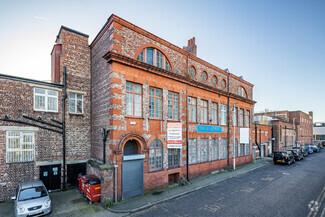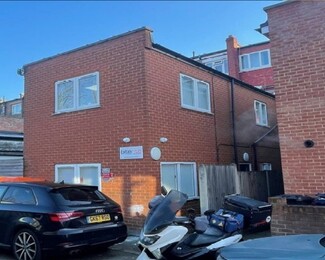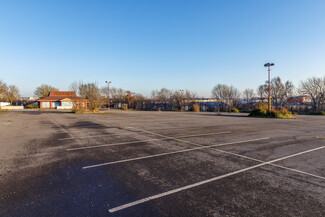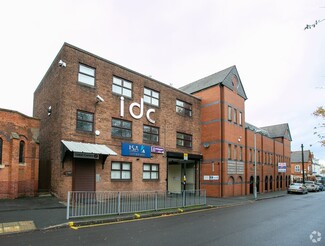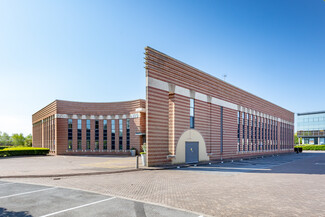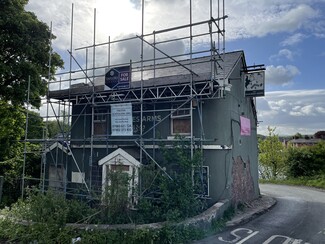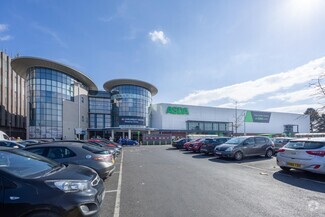Commercial Property for Sale in the UK
FAQs about buying and investing in Commercial Properties across the UK
- Rental Income: The most common way to generate income from commercial property is by leasing or renting the space to businesses or tenants. Commercial tenants typically sign lease agreements that specify rental rates and lease terms. Rental income can provide a consistent stream of cash flow.
- Capital Appreciation: Over time, the value of commercial properties can appreciate due to factors like economic growth, location desirability, and improvements to the property. Investors can profit by selling the property at a higher price than the initial purchase price.
- Lease Escalations: Many commercial leases include provisions for rent escalations, which can be based on factors like inflation, percentage of sales, or fixed annual increases. These escalations can lead to higher rental income over the term of the lease.
- Triple Net Leases: In some commercial property arrangements, tenants are responsible for not only paying rent but also covering operating expenses such as property taxes, insurance, and maintenance costs. These are known as triple net leases, and they can result in a more predictable income stream for property owners.
- Lease Renewals: Successfully negotiating lease renewals with existing tenants can help maintain a steady income stream. Renewal negotiations may lead to rent increases, which can boost your cash flow.
- Value-Add Strategies: Implementing improvements or renovations to a commercial property can increase its rental value. For example, upgrading the interior, improving energy efficiency, or adding amenities can attract higher-paying tenants and increase the property's income potential.
- Property Management Fees: If you hire a property management company to oversee your commercial property, you can earn income through management fees. Property managers handle day-to-day operations, maintenance, and tenant relations in exchange for a fee, typically a percentage of the rental income.
- Location: Location is often considered the most critical factor in real estate. A property's location can significantly impact its rental income potential, property value, and demand from tenants. Consider factors like proximity to transportation hubs, accessibility, nearby amenities, and the overall economic health of the area.
- Property Type: Different types of commercial properties (e.g., office, retail, industrial, multifamily) have varying risk profiles and income potential. Choose a property type that aligns with your investment goals and risk tolerance.
- Market Analysis: Conduct thorough market research to understand the local real estate market dynamics. Analyze supply and demand trends, vacancy rates, rental rates, and future development plans in the area.
- Financial Analysis: Calculate the property's potential return on investment (ROI). Consider factors such as rental income, expenses (property taxes, maintenance, insurance), financing costs, and potential appreciation. Create a pro forma financial statement to estimate future cash flows.
- Tenant Quality: Assess the quality and creditworthiness of existing or potential tenants. Reliable, long-term tenants can provide stable income, while high tenant turnover can increase costs and vacancy rates.
- Lease Terms: Review existing lease agreements or negotiate favorable lease terms for new tenants. Consider factors like lease duration, rent escalations, and tenant responsibilities for operating expenses.
- Property Condition: Evaluate the physical condition of the property. Consider the need for repairs, maintenance, or renovations and factor these costs into your financial analysis.
- Zoning and Regulations: Understand local zoning laws, land use regulations, and building codes that may impact property use and development potential.
- Financing: Determine your financing strategy and secure appropriate financing. Evaluate loan terms, interest rates, and down payment requirements. Consider how financing affects your cash flow and return on investment.
- Risk Assessment: Identify and assess potential risks associated with the property and the market. Risks can include economic downturns, tenant vacancies, interest rate fluctuations, and environmental concerns.
- Exit Strategy: Have a clear exit strategy in mind. Determine whether you plan to hold the property long-term, sell it for capital gains, or engage in other investment strategies.
- Legal and Tax Considerations: Consult with legal and tax professionals to understand the legal and tax implications of your investment. Consider property tax rates, capital gains taxes, and any potential tax incentives or deductions.
- Property Management: Decide whether you will manage the property yourself or hire a property management company. Property management can be time-consuming but is essential for ensuring the property is well-maintained and tenants are managed effectively.
- Due Diligence: Conduct thorough due diligence, including property inspections, title searches, environmental assessments, and legal reviews to uncover any hidden issues or liabilities.
- Exit Strategy: Have a clear exit strategy in mind. Determine whether you plan to hold the property long-term, sell it for capital gains, or engage in other investment strategies.
- Class B: Industrial warehouses and B2B properties
- Class C: Hotels and buildings used for lodging
- Class E: Shops, restaurants, offices
- Class F: Leisure, education and community properties
- Sui Generis: Pubs, takeaway outlets, cinemas and community halls
Commercial property | Retail units & shops | Office space | Industrial units & warehouses | Commercial land






